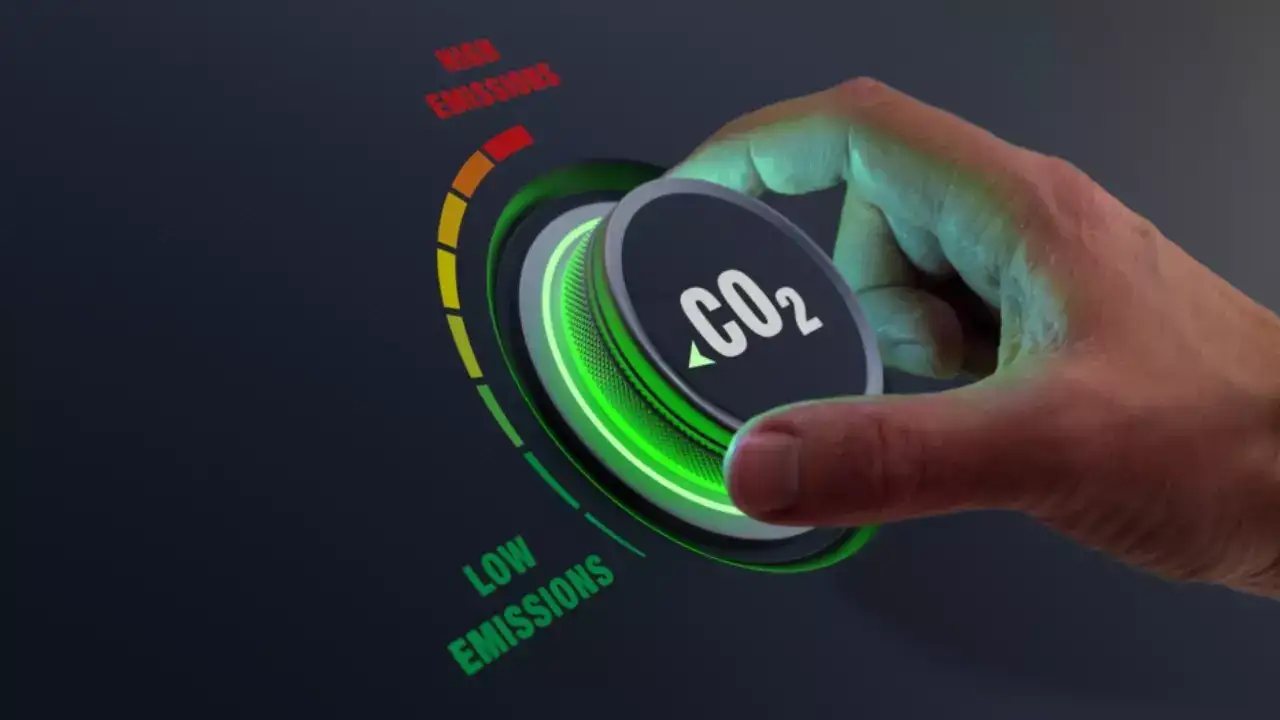News
NET ZERO CARBON TREND IN THE ENERGY INDUSTRY
'Net zero carbon' in the energy industry is a significant global goal that requires substantial effort and investment. However, it is an essential process to mitigate climate change and ensure a sustainable future.
The world is facing a climate crisis, and the energy industry is one of the major sources of greenhouse gas emissions. To address this issue, many countries have begun taking action to achieve the global goal of 'net zero carbon' emissions by 2050. This article will help us understand the trends and challenges in achieving 'net zero carbon' in the energy industry.
'Net zero carbon' in the energy industry is a global-scale objective, requiring significant effort and investment. However, it is an essential process to minimize climate change and ensure a sustainable future. By transitioning to renewable energy sources and implementing carbon emission reduction measures, we can achieve a balance between greenhouse gas production and the removal of emissions from the atmosphere.

1. What is "Net Zero Carbon"?
'Net zero carbon' refers to a balance between greenhouse gas emissions produced and emissions removed from the atmosphere. This can be achieved by reducing emissions and enhancing carbon removal through natural or artificial means, mitigating the impact of climate change and contributing to the global climate balance.
2. "Net Zero Carbon" in the Energy Industry
2.1 Renewable Energy
The energy industry is responsible for a significant portion of global greenhouse gas emissions, accounting for approximately 73% of total global emissions. Therefore, reducing emissions in this industry is crucial to achieving the 'net zero carbon' goal. Renewable energy sources such as wind power, solar energy, hydropower, and steam power are increasingly being developed and widely adopted in the energy industry. Companies are investing heavily in carbon-free energy production technologies to help achieve the 'net zero carbon' target.

2.2 Renewable Biomass Fuels
Achieving 'net zero carbon' in the energy industry is not an easy task. One of the biggest challenges is transitioning from fossil fuels to renewable energy sources. Biomass is a renewable fuel source derived from organic materials such as wood, grass, straw, and various bio-wastes. The use of renewable biomass fuels helps minimize carbon emissions into the environment and provides clean and sustainable energy for the industry.

3. National Commitments to "Net Zero Carbon"
Many countries have set 'net zero carbon' targets for 2050. Large countries in Europe, the United States, Japan, and China have introduced plans and policies to support the development of renewable energy sources in production, aiming to reduce CO2 emissions.
According to Vietnam's national energy development roadmap, renewable energy sources are expected to account for approximately 15-20% of total energy supply by 2030 and around 25-30% by 2045. In this context, the role of renewable energy will become increasingly prominent in economic and social development.

In Conclusion
The 'net zero carbon' goal in the energy industry is a complex process that requires cooperation between businesses, countries, and organizations. Achieving the 'net zero carbon' level may take decades, but the commitment of all parties will make this goal a reality in the near future.
Follow Thuan Hai
Maybe you are interested



Let Thuan Hai help you solve your energy problem
